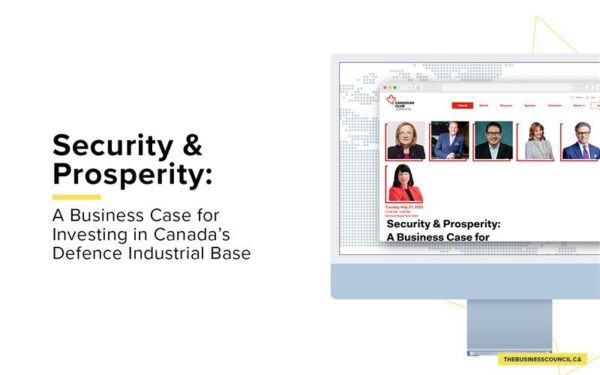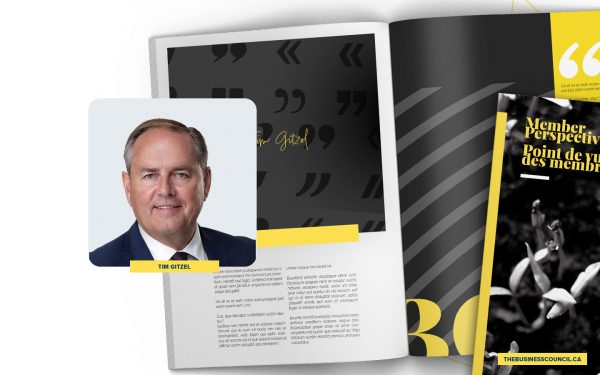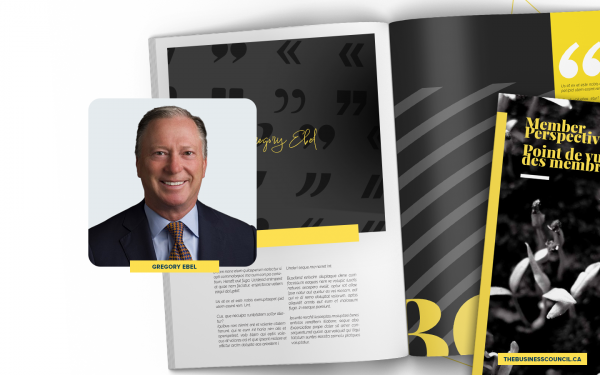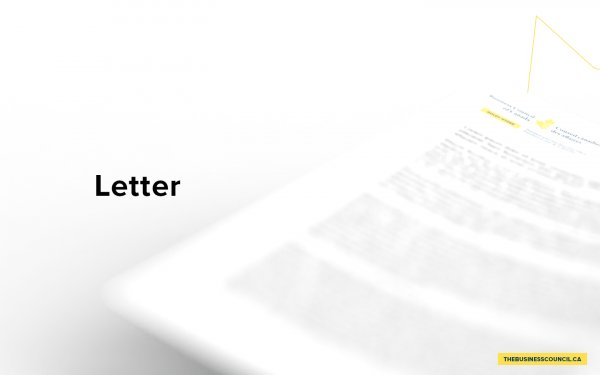Empowering employees to live and work sustainably
“A global crisis has shocked the world. It is causing a tragic number of deaths, making people afraid to leave home, and leading to economic hardship not seen in many generations. Its effects are rippling across the world. Obviously, I am talking about COVID-19. But in just a few decades, the same description will fit another global crisis: climate change. As awful as this pandemic is, climate change could be worse.”
Bill Gates
It was only a matter of time before we were hit with a global health pandemic and it still managed to disrupt our lives. We are all aware that climate change has potential to do the same and yet, many of us are not reacting with same level of energy or commitment required to prepare ourselves for the problems that could arise. While I often talk about mental, physical, financial and social wellbeing, our environmental wellbeing should also play an important factor in our lives.
When we were in our offices, we encouraged employees to consume less energy, print less paper, conserve water, compost and create less waste. This was done, for example, by tuning off lights when not in use, removing some of our printers and discouraging single-use cups and utensils during lunch meetings.
My family and I have also made commitments to environmental wellbeing at home. We have been composting for more than a decade, we have rain barrels set up for watering plants, we try not to drive most weekends, we walk to a local bakery for some meals, we cycle often, we use reusable grocery bags and we donate clothes regularly. We also have a personal challenge to eliminate plastic in the house by using bars of soap, shampoo, conditioner and shaving cream rather than buying single-use plastic containers. We were also thrilled to learn earlier this year that Loblaws (a national Canadian grocery chain) is participating in a pilot program for reusable packaging on items like ice cream, toothpaste and milk. I recognize that not everyone has the ability to take the same actions in their personal lives, but I encourage everyone to find solutions that work within their unique circumstance.
When we all start returning to our offices, Morneau Shepell will do so slowly to support the gradual increased use of transit systems. We will also be more flexible in having employees work from home, which will help keep people off the roads. In the past year, we transitioned nearly 100 per cent of our employees to working at full capacity from home, so we know it can work to allow more flexibility. Additionally, knowing that I am still able to have effective meetings virtually with employees, clients and investors, I am committed to reducing the amount of travel I do going forward.
These are just a few ways we can all contribute to the environment now and well into the future. As we celebrate Earth Day on April 22 and promote environmental sustainability across the organization for the whole month, I encourage everyone to implement at least one new commitment to environmental wellbeing. It all adds up. If we can apply the same level of global cooperation and problem-solving that has occurred for vaccines toward the collective effort of protecting our environment, we’ll be in a much better place in the years to come.









